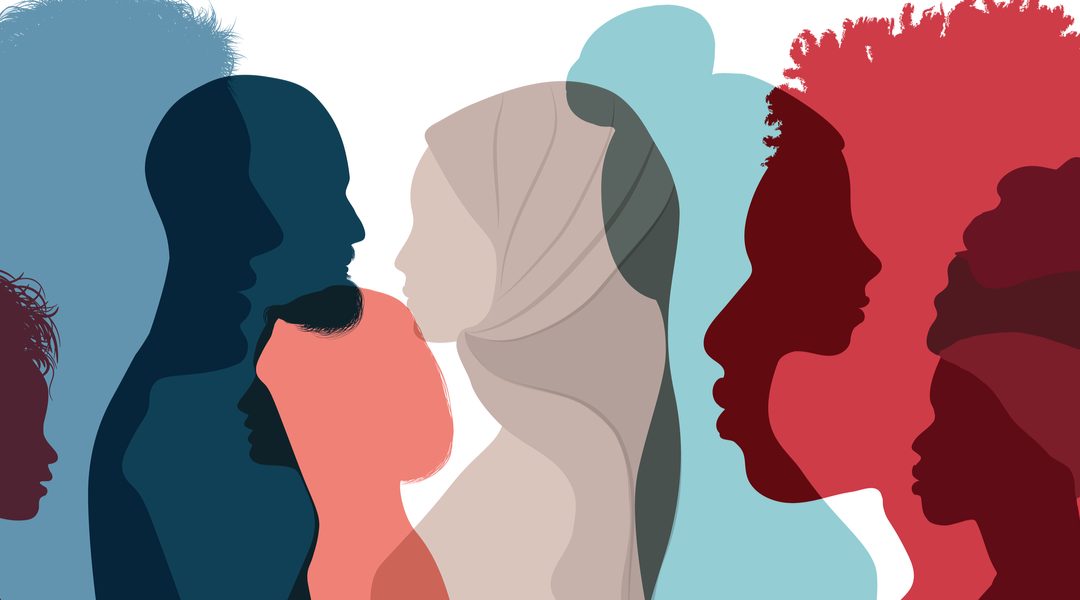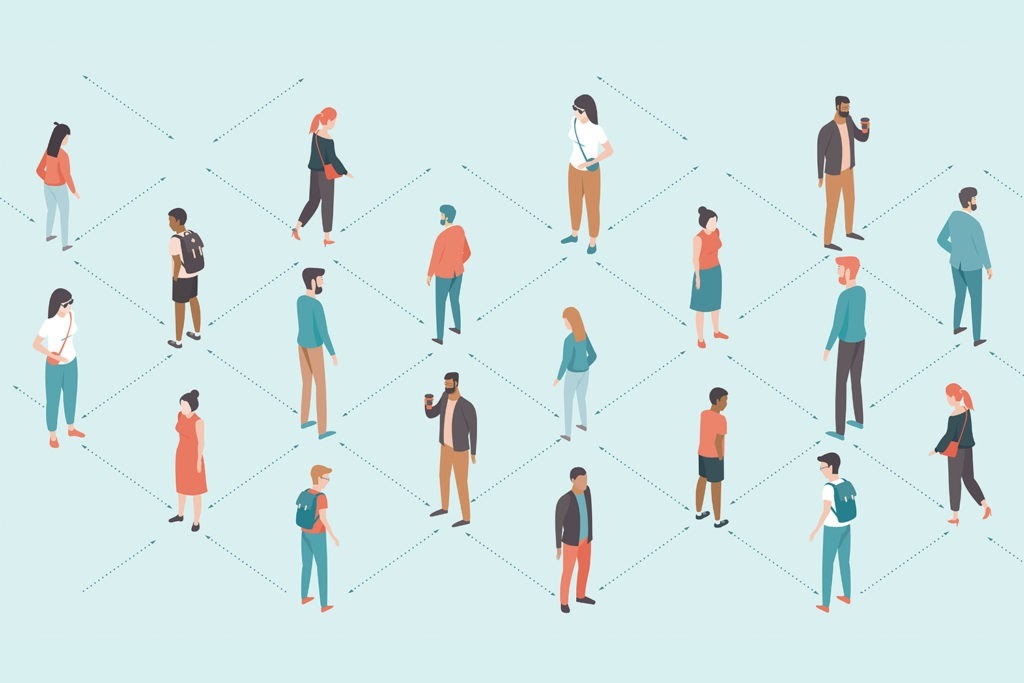Humans are inherently social beings who gravitate towards a sense of connection and belonging. So it makes sense that community is connected to our mental health, right?
Community and Mental Health
According to Healthy People 2030,
“Social determinants of health are the conditions in the environments where people are born, live, learn, work, play, worship, and age.”
And these conditions are directly linked to a wide range of health, functioning, and quality-of-life outcomes for individuals.
Social integration, support systems, and community engagement are all social determinants of health. And when these conditions aren’t met, individuals are at a greater risk for negative health outcomes.
In this case, a lack of community can lead to loneliness, which has been found to raise stress levels, increase depression and anxiety, and impede sleep.
We face many unforeseen and uncontrollable challenges, such as workplace discrimination, mental health challenges, unsafe neighborhoods, homelessness, and food insecurity. And when we feel that we have to go through these things alone, these problems quickly seem to intensify.
On the other hand, “those who [do] have social support are more likely to make healthier choices and have better health outcomes, like reduced stress.” Sometimes our lack of community isn’t out of choice, though.
For those of us who are more introverted or who struggle with social anxiety, putting ourselves out there to meet people and form a community can be really daunting.
Or sometimes, things happen that force us to be separated from our communities. Maybe we just moved somewhere new or started a new job. Or maybe things like the pandemic happen, we lose a job and we lose loved ones, and our lives get flipped upside down.
Communities provide their members with a sense of belonging, support, and purpose; however, because of the pandemic, finding and/or maintaining our sense of communities has been challenging… to say the least.
Opportunities for gathering and community-building have proved to be harder as we’ve been forced to socially distance ourselves from the people and groups where we once felt that we belonged together. A
nd so one way in which we can maintain our mental health is by going a few steps beyond merely finding communities and coming up with ways to ensure that people have access to them and the ability to involve themselves within it.
The Benefits of Peer Support Groups in the Treatment of Addiction
Finding Community
First, how do we even find communities to be a part of? Here are a couple of questions to ask if you find yourself struggling to get started:
What am I interested in?
An easy way to create a community is by meeting others who share in your interests.
A shared passion for something, like film studies, cooking, robotics, or RnB, can bring people together from all paths of life. By finding a community of people with who you share interests and hobbies, you find people to who you can relate to.
These communities allow for people to come together, learn from one another, and share knowledge and experiences— all things that help to build support networks and build up one’s self-esteem.
For those who can’t or aren’t comfortable yet with in-person groups, there are several platforms such as Facebook, Reddit, YouTube, and Discord that have groups for users to join.
Group themes include car maintenance, Trader Joe’s products, street food around the world, and old-item restoration videos. Seriously, whatever you’re interested in, there’s likely content already out there and communities created and ready for you to join.
“What do I value/believe in?”
Shared values and beliefs unite people. They provide a sense of reassurance and encouragement in that the things that are important to one person are also considered to be important to others.
Shared beliefs help people to feel heard and understood.
Beliefs can be religious, but they can be more than that as well.
Beliefs can be strongly tied to one’s culture, and being able to practice one’s religion and culture can be really empowering for the individual.
Shared values provide a sense of purpose in that you can give back to your communities by pouring into the various values you uphold. Is service or giving back something that’s important to you?
There are multiple opportunities for volunteering that can fulfill this value while also creating a sense of community. Being able to contribute to something bigger than oneself can really reaffirm one’s sense of purpose, even if it’s being done online.
Community Responsibility:
Are there groups of people who don’t get social support from the general public due to various parts of their identity? If so, how do we go about getting them access to the sense of belonging, support, and purpose that’s provided through communities?
Who’s still being left out?
 Equity is not just building communities and making sure that they exist. It’s also ensuring equal access to these communities and opportunities for people to engage with them.
Equity is not just building communities and making sure that they exist. It’s also ensuring equal access to these communities and opportunities for people to engage with them.
While there’s a heavy emphasis on what the individual can do to find their own community, it’s important to also dive into the conversation of what communities can do to help the people who are struggling to find and join them.
Work that is done solely on the part of the individual is not enough to eliminate health disparities. Institutions and other service agencies are responsible for taking action to improve the conditions of people’s environments that make it harder for them to meet their needs of social integration, support systems, and community engagement.
If you’re a leader within your group, agency, or community, ask yourself: How are our services being made accessible to people? What can we do to increase accessibility, especially for those who may have a harder time due to the pandemic or other life challenges?
Some people have a harder time finding their communities, and for whatever reason(s) that may be, they’re being left behind and left to their own devices to find a place where they feel accepted and supported.
As community leaders, it’s our responsibility to make our communities more accessible for those seeking to join. Humans are social creatures, and it’s to the benefit of our physical and mental health for communities not just to exist, but for everyone to have regular access to and the ability to engage in and interact within them.
How will you be a part of ensuring that for yourself and others?
Further Reading:
The Benefits of Peer Support Groups in the Treatment of addiction
Addiction Survivors Share the Ways They’ve Learned to Cope without



